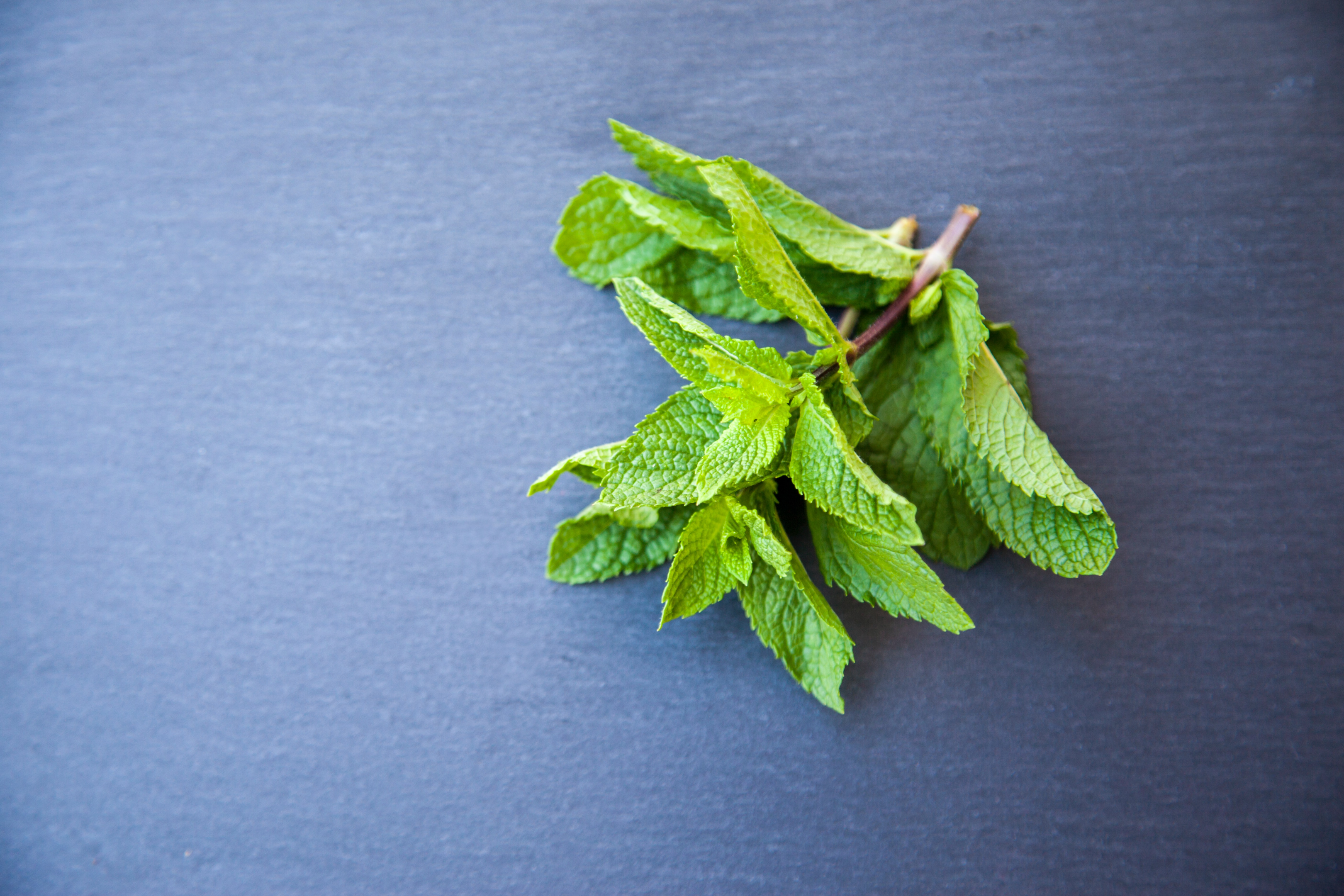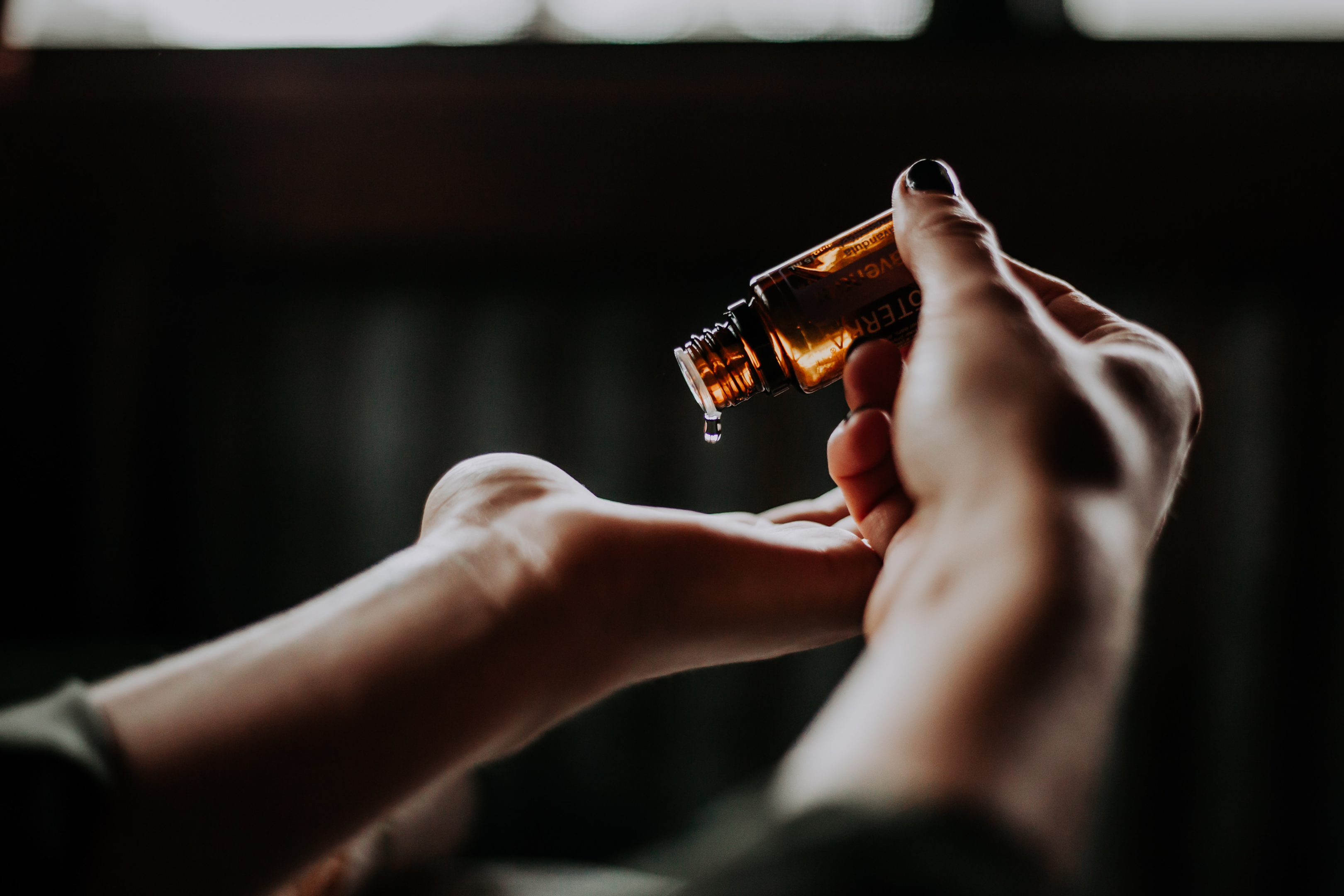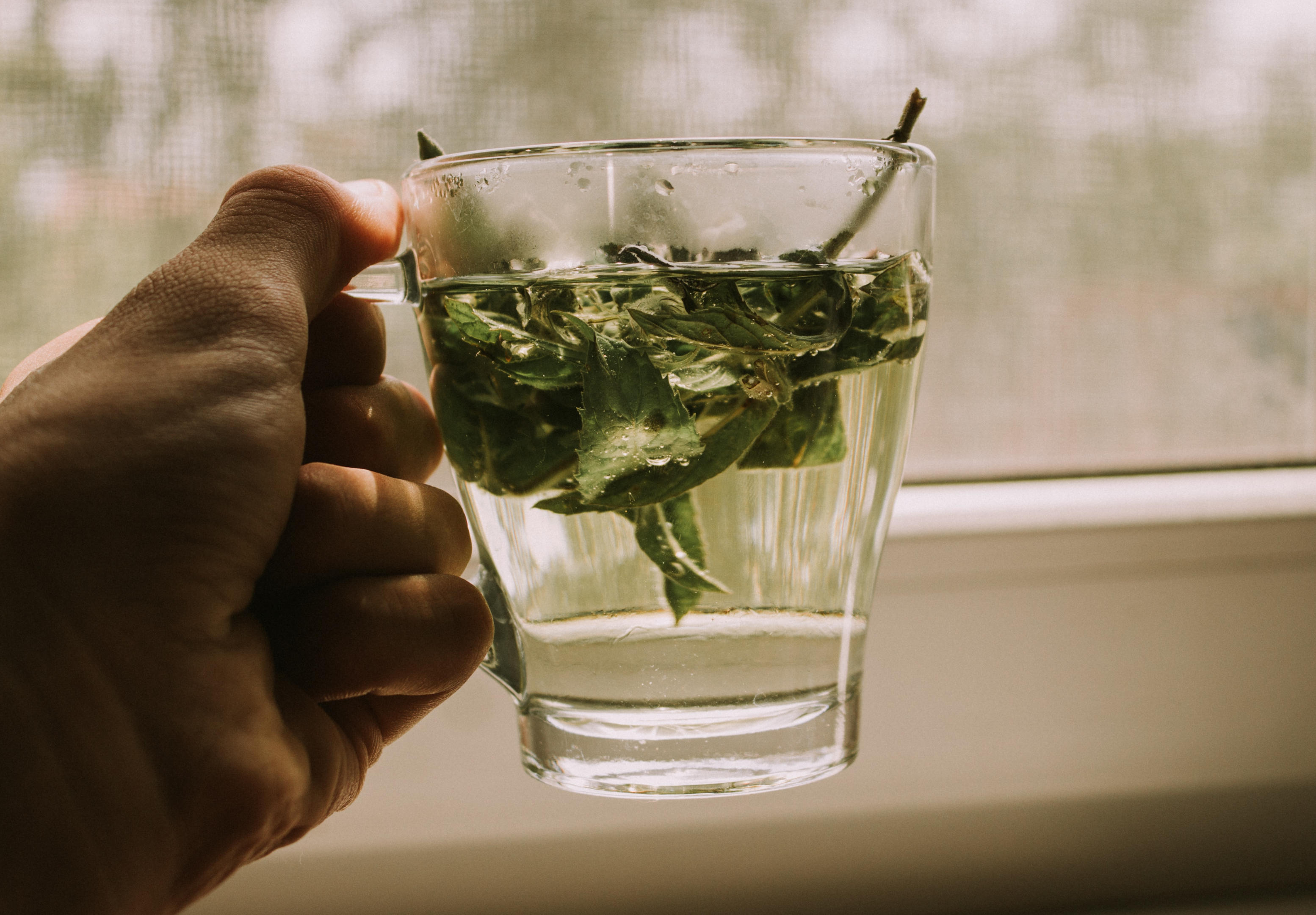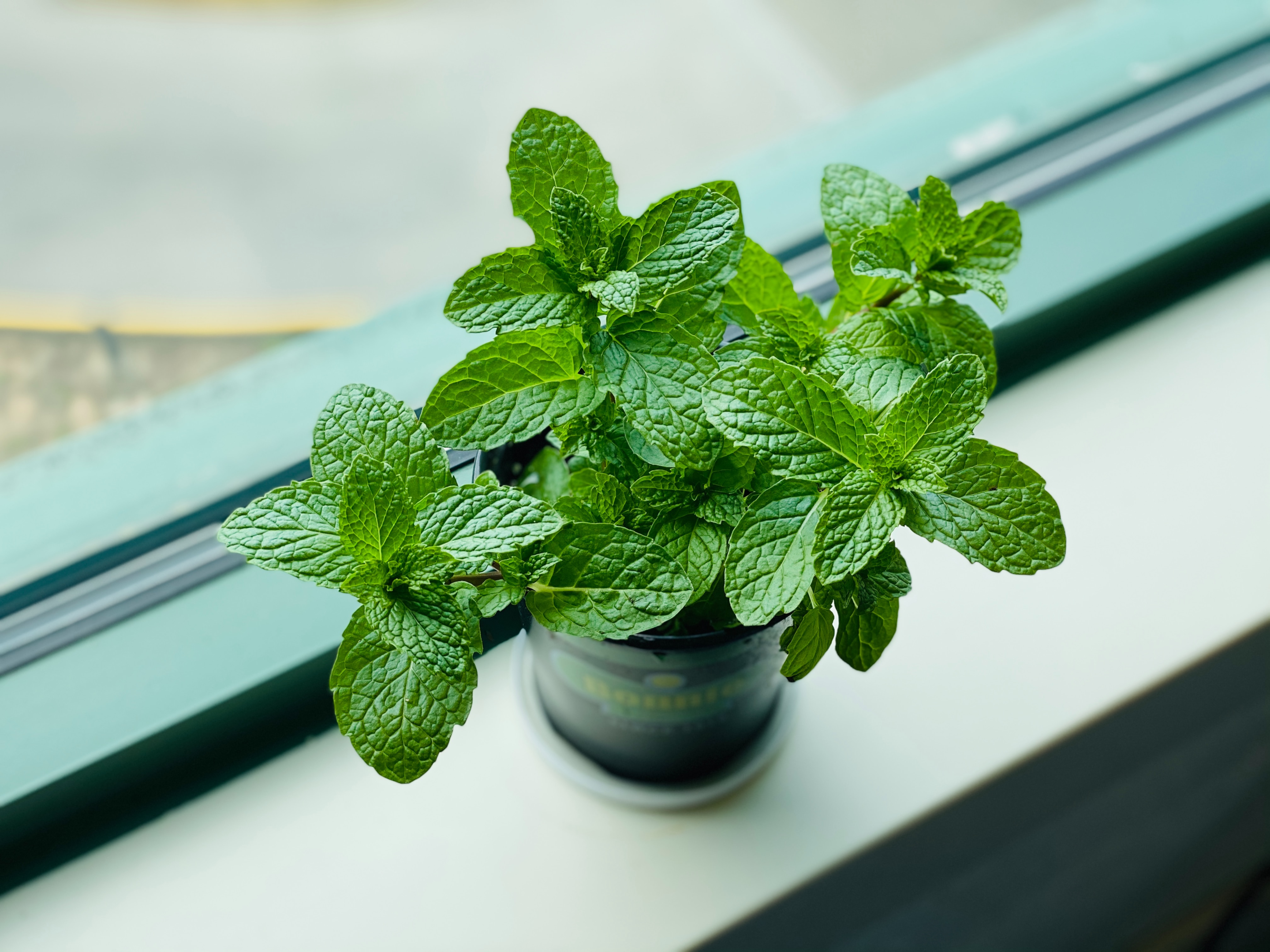Vegan Globetrotter is supported by our audience. When you purchase through one of our links, we may earn a small affiliate commission. As an Amazon Associate I earn from qualifying purchases. Your cost is not affected.
==================
Mint benefits unfold as we explore the versatile herb renowned for its refreshing scent and invigorating flavor. There’s a rich history of its use in various cultures for culinary and medicinal purposes, with emerging scientific research supporting its numerous health advantages. From enhancing digestive health to potentially boosting cognitive function, mint leaves pack a nutritional punch, making them a valuable addition to a wholesome diet.
Exploring Mint Benefits: Unveiling the Versatility and Health Wonders of this Refreshing Herb

Mint is a versatile herb renowned for its refreshing scent and invigorating flavor, and there are numerous mint benefits to learn! With a history of use in various cultures for culinary and medicinal purposes, mint offers multiple health benefits beginning to be supported by scientific research. Its leaves are rich in nutrients and have minimal caloric intake, making them an excellent addition to a healthy diet.

Photo by Shaun Meintjes on Unsplash
The health benefits of mint are diverse, ranging from improving digestive health to potentially enhancing cognitive and brain function. Mint has been traditionally used to alleviate symptoms of the common cold and indigestion, and more recently, it has been recognized for its potential role in oral health and skin care.
Key Takeaways
- Mint contributes to digestive and cognitive health with its unique properties.
- The herb is utilized for its benefits in oral health and skin care routines.
- Mint’s application extends beyond health into culinary uses and home gardening.
Nutritional Profile of Mint
Mint is a multifaceted herb that provides many nutrients, even in small amounts. This herb, renowned for its refreshing taste, is a culinary delight and a treasure trove of vital vitamins and minerals. Rich in antioxidants, mint contributes to the body’s defense against oxidative stress, promoting overall wellness. Its active compounds, including menthol, lend an incredible sensation and boast anti-inflammatory properties, relieving various discomforts.
Vitamins and Minerals
Mint leaves contain significant vitamin A, essential for eye health and immune function. Some varieties of mint plants, like spearmint, provide iron and manganese, which play roles in maintaining healthy bones and producing red blood cells. For detailed nutritional values, refer to Mint: 11 Marvelous Health Benefits, Nutritional Facts.
Essential Oils
The characteristic aroma of mint comes from its essential oils, with menthol being the most notable compound. These oils are responsible for the distinct mint flavor and contribute to the herb’s soothing effects on the digestive tract and its relief of common and cold symptoms. Research suggests that the essential oils in mint may also have antimicrobial and antioxidant properties.
Moreover, the essential oils in mint emerge as potent allies in combating common cold symptoms. Inhaling the invigorating vapors of mint may ease congestion, offering a natural and refreshing solution to respiratory discomfort. The inherent decongestant properties of mint’s essential oils make it a valuable addition to home remedies for respiratory relief.
Dietary Fiber
Though mint is typically consumed in small quantities, it provides dietary fiber, aiding digestion. This fiber support is essential for gut health and can contribute to the overall nutritionalLeaves fiber intake when consumed regularly as part of a balanced diet.
Health Benefits of Mint
Mint is renowned for its refreshing flavor and aromatic qualities, but it also provides many health benefits, ranging from aiding digestion to supporting the immune system.
Digestive Health
Mint leaves have been linked to improved digestion and may help relax the muscles of the gastrointestinal system, reducing symptoms like bloating and indigestion. Studies suggest that mint may alleviate conditions such as stomach pain and irritable bowel syndrome (IBS) by activating anti-pain channels in the colon.
Respiratory Benefits
The use of mint has been associated with relieving common respiratory issues. Its natural anti-inflammatory properties can help to soothe the throat and alleviate congestion, making it a supportive aid for conditions such as asthma or the common cold.
Natural Analgesic
Mint may serve as a natural analgesic, relieving headaches and muscle aches. The menthol in mint is responsible for this soothing effect, as it can help to relax muscles and ease pain when applied topically or ingested.
Immune System Support
Mint contains compounds with antioxidant and antimicrobial properties that benefit the immune system. Incorporating mint into one’s diet can help prevent infections and bolster overall immune response.
Mint in Skin Care
Mint is a versatile herb widely recognized for its refreshing scent and flavor, but it also has impressive benefits for skin health. Its components soothe skin, reduce irritation, and help manage common skin concerns.
Anti-Inflammatory Properties
Mint leaves contain natural anti-inflammatory agents that can calm and soothe inflamed skin. Its cooling effect, primarily due to the presence of menthol, can alleviate symptoms of skin irritations and rashes. Research suggests that applying mint topically can reduce redness and swelling on the skin. People often use mint to relieve irritation from insect bites and other mild skin conditions.
Acne Treatment
Mint is known to aid in treating acne because it contains salicylic acid—a beta hydroxy acid that helps to exfoliate the skin and prevent follicles from clogging. This ingredient can promote the shedding of dead skin cells and the growth of new skin, making it a valuable addition to maintaining clear skin. Additionally, salicylic acid in mint contributes to lightening acne marks and improving overall skin texture.
Oral Health Advantages
Mint is heralded for its oral health benefmainlylarly due to its antibacterial properties and breath-freshening capabilities.
Antibacterial Effects
Mint leaves contain compounds like menthol, which exhibit antibacterial properties. This helps reduce bacterial growth in the mouth, leading to dental issues such as tooth decay and gum disease. Using products with mint can be a protective strategy for maintaining oral health.
Freshens Breath
The refreshing sensation of breath mints is often associated with clean breath. Chewing mint leaves or using mint-based dental products can temporarily mask bad breath and leave one’s mouth feeling and smelling fresh. This is why mint is a common ingredient in toothpaste and mouthwashes.

Mint in Aromatherapy
Mint essential oil is widely
Stress Reduction
Thanks to its cooling and calming properties, Mint oil is often employed in aromatherapy to help reduce stress levels. Inhaling the scent of mint can lead to relaxation throughout the body and mind. Research suggests that the aroma of mint can help alleviate tension and promote a more relaxed state.
Energizing Effects
In contrast to its calming benefits, mint also has energizing effects. The scent is refreshing and can help boost mental clarity and concentration. Aromatherapists frequently recommend mint aroma in a workspace or study area to heighten alertness and improve focus.
Culinary Uses of Mint
Mint is a versatile herb that elevates the taste of various dishes and can extend certain foods’ shelf life.
Flavoring Agent

Mint leaves are frequently used as a flavoring agent for their refreshing taste. They infuse an incredible aromatic flavor into various culinary creations. Fresh mint leaves are essential for a classic Mojito and can enhance herbal teas in beverages. Candies, gums, and desserts like ice cream gain a distinct freshness from mint. Mint is also a popular addition in savory dishes like lamb, where it balances the richness.
Food Preservation
In addition to flavor, mint plays a role in food preservation. Its antibacterial and antimicrobial properties can help prolong the freshness of meat and vegetables. For example, mint chutney is a preservative when applied to sandwiches, maintaining the taste and freshness. Moreover, wrapping cheese with mint leaves is an age-old practice to keep it fresh and infuse it with flavor.
Mint in Garden and Home
Mint is highly regarded not only for its culinary and medicinal uses but also for its distinct benefits within a garden or home setting.
Pest Repellent
Mint acts as a natural deterrent for many common garden pests. It emits a strong aroma that pests like ants, mosquitoes, and even rodents find undesirable. Gardeners may plant mint around the perimeter of their garden or intersperse it among other crops to protect vulnerable plants.

Photo by Eleanor Chen on Unsplash
Decorative Plant
Beyond its practical advantages, mint serves as an aesthetically pleasing plant. Its vibrant green leaves and occasional delicate flowers can provide beautiful ground cover or pot decoration. Due to its tendency to spread, positioning mint in containers may control its growth and offer an attractive visual element to decks, patios, or windowsills.
DIY Cleaning Solutions
Harnessing the antibacterial properties of mint, you can create eco-friendly cleaning solutions. Mint-infused concoctions can clean surfaces, leaving behind a fresh scent while tackling germs.
Embracing the Refresh: Unveiling the Hidden Charms of Mint Benefits
Wrapping up our exploration of mint benefits, it’s clear that this versatile herb is a hidden gem, weaving its refreshing magic in our favorite dishes and elevating our well-being. From aiding digestion to soothing the skin and lending its aromatic touch to stress relief, mint is a dynamic companion.
So, why not sprinkle a bit more mint magic into your life? Whether you’re sipping on mint-infused teas, experimenting with minty recipes, or incorporating it into your skincare routine, the possibilities are as endless as the refreshing scent of fresh mint leaves.
Ready to embrace the natural goodness of mint? You can start by infusing your day with a touch of minty freshness and unlock this herb’s myriad benefits. Your journey to a more vibrant and healthier lifestyle begins with a simple choice – make mint a delightful part of it!
Frequently Asked Questions on Mint Benefits
Mint leaves are known for their distinct aroma and refreshing taste, but they also carry a variety of health benefits and practical uses in daily life.
What Are the Health Benefits of Consuming Mint Leaves Regularly?
Regular consumption of mint leaves can aid digestion and may help relieve symptoms of irritable bowel syndrome. They are also rich in nutrients, including Vitamin A, which promotes eye health.
How Can Mint Leaves Improve Hair Health?
Mint leaves can improve hair health by stimulating the scalp, leading to increased blood flow and promoting stronger hair growth. Their antifungal and antibacterial properties can also help in maintaining a healthy scalp.
What Potential Side Effects Should Women Be Aware of When Consuming Mint Leaves?
Women should be aware that consuming large amounts of mint, especially essential oils or supplements, could disrupt the menstrual cycle. It’s also advised for pregnant women to consult with their healthcare provider before significant consumption.
What Are the Advantages of Including Mint Water in Your Morning Routine Specifically for Skin?
Incorporating mint water into a morning routine can soothe and hydrate the skin. Mint also contains salicylic acid, which can aid in preventing and treating acne.
In What Ways Can We Use Mint Leaves in Cooking to Enhance Flavor and Health?
Anyone can use mint leaves in cooking to add a fresh flavor profile to dishes and drinks. They can also contribute to good health due to their content of antioxidants which can help protect the body from oxidative stress.
How Much Mint Is Good for Daily Consumption Without Adverse Effects?
While there is no universal amount, consuming mint in food quantities, such as a few leaves added to meals or beverages, is usually considered safe for most people. It’s always prudent to start with small amounts to see how the body responds.
Related Videos on Mint Benefits
Related Articles on Mint Benefits
Follow our Socials
Hey Green Warriors! 🌿 Ready to join the ultimate journey towards a planet-friendly lifestyle? 🌎 VeganGlobetrotter is your passport to a vibrant world of delicious plant-based delights and sustainable living. 🌱✈️ Ready to transform your life and the world around you? Follow VeganGlobetrotter on all socials and let the adventure begin! 🚀🌱






Don't miss out
when new recipes and information are added!
Join our newsletter for free recipes,
healthy living inspiration, and special offers
You have Successfully Subscribed!